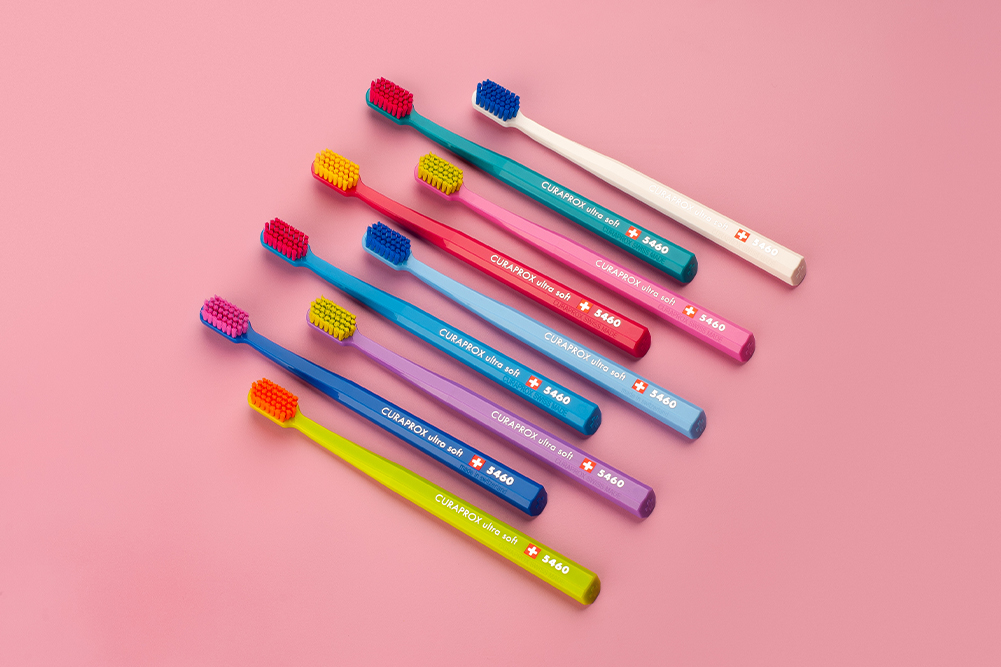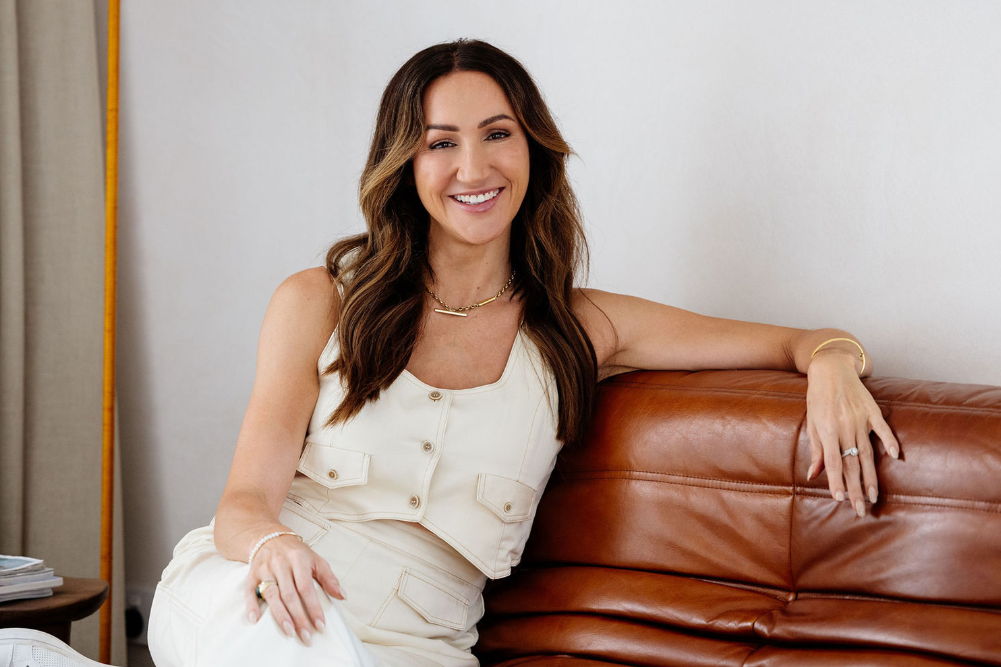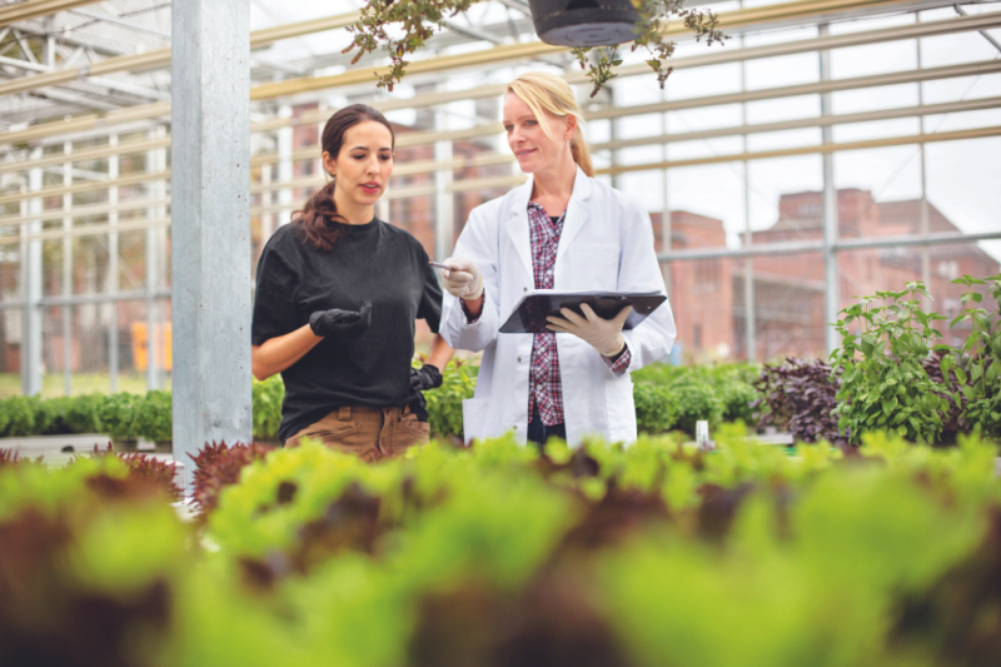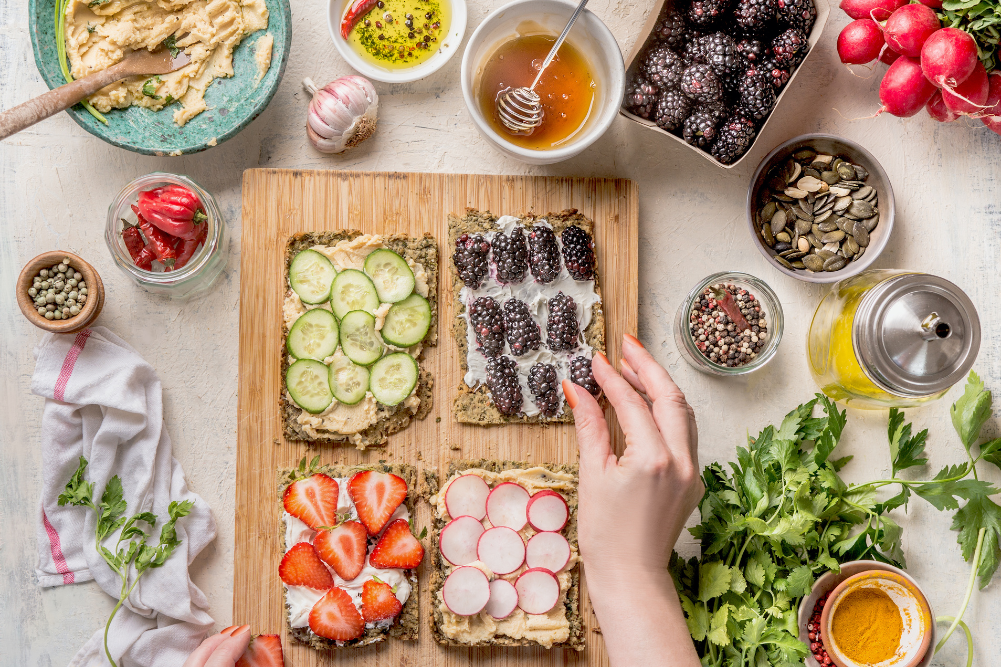The consent revolution
When Chanel Contos posted a simple yet powerful question on Instagram in Feb 2021, she ignited a movement that would reshape sexual consent education in Australia. Her journey to becoming a leading advocate has brought nationwide changes and international recognition.
In February 2021, one Instagram post changed the trajectory of Chanel Contos’ life. In it, Contos posed a simple question. “Have you or has anyone close to you ever been sexually assaulted by someone who went to an all-boys school in Sydney?” Within 24 hours, 203 people – 73 per cent of respondents – said yes. Since then, thousands o people from all over the country have got in touch with Contos to share their stories of sexual assault.
This response was the catalyst for Contos, then a university student, to drive a complete overhaul of sexual consent education in Australia. Following the post, Contos created a petition calling for more holistic and earlier consent education in Australian schools. The petition garnered 44,000 signatures and resulted in unanimous agreement from the Ministers for Education to mandate consent education in schools Australia-wide, from foundation to year 10.
Not stopping there, Contos is now the founder and executive director of Teach Us Consent, a not-for-profit organisation that aims to eradicate normalised sexual violence through education, advisory and lobbying for policy change.
In 2022, Teach Us Consent hosted a roundtable to discuss the criminalisation of stealthing, a term referring to the removal of a condom without consent. This was attended by the attorneys general, shadow attorneys general and other stakeholders, and saw two states criminalise stealthing in the following months.
In recognition of her advocacy work, Contos received the Australian Human Rights Commission Young People’s Medal in 2021 and in 2022 was presented with the Diana Award. She was also recently appointed by former Prime Minister Julia Gillard to chair the Global Institute for Women’s Leadership’s Youth Advisory Committee.
Taking on testimonies
“I was always really passionate about social justice and feminism, but I never thought it would be feasible to make any sort of career out of it,” says Contos, who grew up in Sydney and attended an all-girls school in the eastern suburbs. Wanting to break the mould, she initially considered a career in male-dominated fields like investment banking or information systems, before following her original passion for social justice and moving to London to study for a master’s degree in education, gender and international development.
But her journey of overhauling consent education came much earlier, in high school. When a speaker visited Contos’ year 10 class to deliver a talk about sexual assault, it had a huge impact on Contos and her friends, causing them to reconsider some of their own sexual encounters through a different lens.
A few years later, when catching up with an old school friend, Contos discovered that a boy who had assaulted her as a teen had carried out a similar assault on a mutual friend a year later. This prompted her to question how things might have been diff erent if she’d understood consent earlier; had she reported him, would it have prevented him from doing the same thing to someone else? Or, if he’d understood consent earlier, would he never have done it to begin with?
Motivated to contact the school principals at her local boys’ schools, Contos created the Instagram post, and after seeing how many people responded “yes” to her question, Contos asked whether people would sign a petition to ask schools to incorporate consent into sex education earlier. Ninety-eight per cent of respondents said yes and 87 people said they’d provide anonymous testimonies to Contos to support the petition.
“I went to sleep, woke up and it was everywhere. That’s when the media started getting involved and it really took off ,” recalls Contos, who started sharing the anonymous testimonies on Instagram. “I don’t think I even knew the defi nition of overwhelmed until then. It was so unexpected. I didn’t sleep for 72 hours because I was just reading testimonies and doing media interviews.”
Friends came on board to help her vet and post the testimonies, which were initially submitted through a Google document. Within weeks, a friend suggested Contos start a website for the testimonies and Teach Us Consent was born.
As the stories poured in, so too did the defamation threats from readers who claimed to have either identified themselves or people they knew as the perpetrators in the testimonies. “When reviewing them, we took out names and I thought that was the extent of it,” says Contos. “But I didn’t realise that some people have specific job titles or you can match up the year they graduated school with the profession they’re doing now and that narrows it down to 10 people.”
Reacting quickly by pulling the resources and connections of her volunteer network, Contos was able to overcome this. They assembled a team of law students who understood defamation law to help vet the testimonies for identifying information, which soon stopped the defamation cases.
Campaigning for Consent
Realising that she and her friends weren’t alone in their experiences of sexual assault and wanting to use the power of her post to drive change, Contos created a government-registered petition calling for more holistic and earlier consent education in Australian schools. This petition triggered a debate in the NSW Parliament, resulting in unanimous agreement for improved consent education in NSW.
Starting with her local MP, Contos began networking and having conversations about the need to mandate earlier consent education, and building relationships until she was in contact with the offices of the Ministers for Education and the Prime Minister. “It was all about one-by-one getting that support from across the political spectrum and asking them to also ask their colleagues, or even people in other parties that they potentially had relationships with, to put aside any political differences and just really focus on this issue that’s a human rights issue way more than it’s a political issue,” says Contos.
With the Australian National Curriculum up for review, something which only happens once every fi ve years, Contos presented at a meeting of the Ministers for Education from around the country. They unanimously agreed to mandate consent education into the Australian curriculum, beginning in 2023.
Contos has already noticed a shift in the way parents and teachers are speaking about the topic since the mandate. Stories of negativity or helplessness from parents have now changed into those of positivity and optimism. “Now I often hear people say, ‘they’ve had their first consent lesson’ or ‘my kid came home, I asked them what they learned today and they told me about consent,’” says Contos. “It’s just really nice to hear the tone change.”
But Contos’ impact goes beyond the school gates. Weeks after the petition, NSW Police approached Contos to work with them to raise awareness of their informal reporting tool for sexual assault. This allows victims to submit their report via an online form, rather than completing paperwork at the station in person, where they might feel judged or triggered. During the fi rst month that Contos worked on this, NSW Police saw an unprecedented 54 per cent increase in sexual assault reports. “That’s not because any more sexual assaults happened,” explains Contos. “It’s because people had an alternative pathway of justice. Even though it didn’t actually lead to anything [a conviction] for them, I think there’s a lot of validation and obviously it gives police resources a more accurate depiction of the types of issues that are going on.”
It Takes a Village
Although a lot of Teach Us Consent’s work so far has been focused on the school system, Contos feels the responsibility of improving conversations around consent and sexual violence shouldn’t fall solely on the shoulders of schools. It requires a more holistic community approach.
This starts at home, with how parents speak directly to their children about rape culture and consent, but also how they speak about it more broadly, such as responding to media stories on the topic; examples might be the Brittany Higgins trial or the rape accusations against several high-profi le male sports players. “We talk to our kids about consent, but at the same time, parents don’t realise that the way they comment on rape trials in the media might be really damaging,” says Contos. “I don’t think people realise that comments like: ‘What was she wearing? Where was she? She was drunk!’ are actually also education, but not a good form of education.”
According to Contos, increasing porn literacy is essential. This means having (sometimes confronting) conversations in schools and wider society to equip teens with the skills to view mainstream pornography with a critical eye, to understand that the acts depicted are often unsafe, exploitative or unrealistic depictions of intimacy.
Rates of porn exposure, intentional or otherwise, are high in teens. The findings of a study by the Children’s Commissioner in the UK were released in 2023, in which researchers spoke with young people aged 13 to 21 about their experiences and attitudes towards pornography. They found that the majority (73 per cent) of respondents who had seen pornography had done so by the age of 15. They also found a link between those who had watched pornography and their expectations about physically aggressive sexual acts such as choking or slapping, with 47 per cent of respondents stating that girls expect sex to involve this.
These findings could partly explain why, based on 2018-2019 data from the Australian Bureau of Statistics, the majority of sexual assault off enders recorded by police were males aged between 15 to 19 years old. “It’s devastating, but it’s also an area of opportunity,” says Contos, “because it’s much easier to prevent a teenage boy from perpetrating sexual assault than it is to prevent an adult man because an adult man knows what he’s doing.”
Smiling Feminist
In the early days of Teach Us Consent, Contos needed the support from friends and volunteers to lessen the toll of reading and hearing so many testimonies of sexual assault. “At the beginning of the campaign, from reading the testimonies, I got vicarious trauma,” says Contos. “I didn’t know what that was before, but basically, I felt as though the things I had read had happened to me. I read a number of testimonies I don’t think any human is supposed to consume in that period of time.”
Having emotional support from those around her and getting volunteers to help read and post the testimonies allowed Contos to step back from the intensity of exposing herself to so many of these stories. “There’s a portrait of me in the Archibald Prize this year,” says Contos. The portrait, titled “Smiling Feminist,” was painted by secondary school teacher and artist Eliza Bertwistle and was a finalist in the 2024 Archibald Prize. “In the painting, I’m smiling and in the background are words from the testimonials. The artist was trying to convey the kind of invisible weight that I carry with me while remaining quite positive.”
Despite the emotional weight that comes with hearing the stories, Contos feels honoured that people trust her enough to share such deeply personal stories. “It’s pretty much impossible to go to a social event without someone disclosing to me what happened … But if someone wants to share that experience with me, I feel so privileged they want to do that.”
Alongside making waves in legislation and policy, Contos has also written a book called Consent Laid Bare, to help reshape conversations and attitudes towards consent and sexual assault, both for men and women. “I got a really nice message the other day from a Syrian refugee who moved to Australia,” says Contos, “he said ‘this book really made me think about the ideas that I had, what I was taught and a different approach to that…’ Which was really nice.”
Consent is a Battlefield
After a hectic few years, Contos spends any downtime with her friends and family. However, her drive and passion for her work often make it hard to distinguish between work and leisure. Her brothers and boyfriend sometimes tease her, she says, pushing her to switch off from work occasionally. “We’ll be on holiday, I’ll be reading a feminist book, getting really mad about it and [my boyfriend] will be like, ‘Can you please just pick up a fi ction book?’” Contos laughs. “I forget that it’s really heavy for some people because I’m so used to it.”
Later this year, Contos will be shifting into a parttime capacity at Teach Us Consent while she studies public policy at university in Oxford in the UK , but the wheels of Teach Us Consent will remain in motion.
The organisation, now a small team with Contos still at the helm, continues to partner with various organisations to help promote consent literacy. One partnership, with sexual wellness brand LifeStyles, saw consent messaging placed onto 4.3 million condom foils. Another recent collaboration between Teach Us Consent and Tinder has seen the development of a free course providing practical guidance on how to apply consent check-ins while dating to increase consent education in users. This is due to go live on the dating app’s learning academy “School of Swipe” in the coming months.
Through all her advocacy work, Contos’ message is that the battle for better consent education in society should not be one that segregates genders but unites them for a common purpose. “This is not a war of men versus women,” Contos writes in her book. “This is a battle for people who believe women deserve equal human rights and are willing to do something to make this a reality.”








